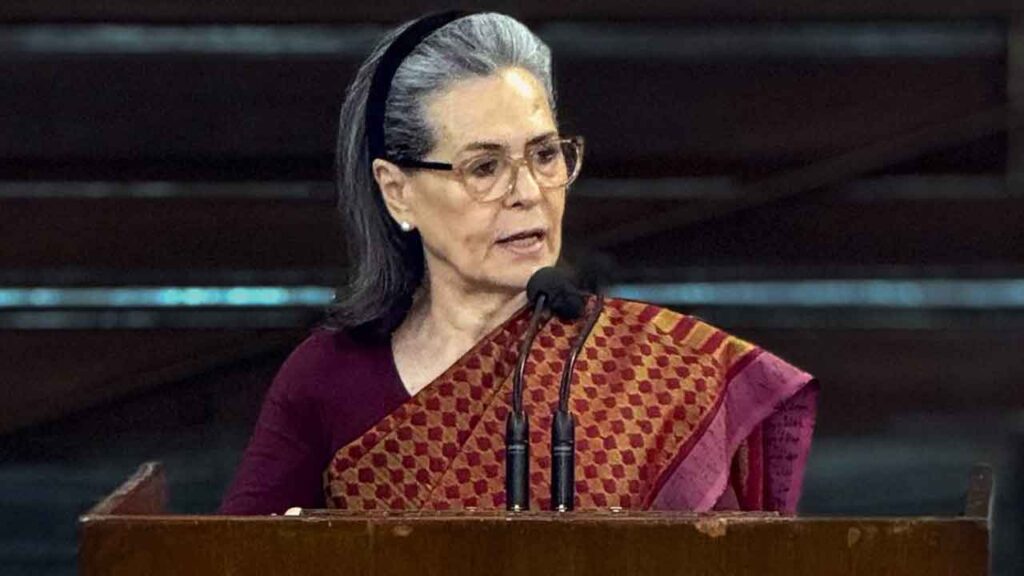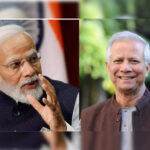The Congress party has announced plans to challenge the constitutionality of the Waqf Bill, 2025, which was passed by Parliament following extensive debates. AICC General Secretary Jairam Ramesh stated that the party will approach the Supreme Court to contest the bill’s validity, asserting that it represents an assault on constitutional principles.
The Waqf Bill introduces significant changes to the management of Muslim charitable endowments, known as waqfs. Key provisions include the inclusion of non-Muslim members in the Waqf boards and granting the government authority to determine ownership of disputed waqf properties. Proponents, such as Minority Affairs Minister Kiren Rijiju, argue that these amendments aim to reduce corruption and enhance transparency within waqf institutions.
Conversely, critics contend that the bill infringes upon the constitutional rights of Muslims and could lead to the confiscation of historically significant religious properties lacking formal documentation. Opposition parties, including Congress, and various Muslim organizations view the legislation as politically motivated, potentially undermining minority rights.
Sonia Gandhi, chairperson of the Congress Parliamentary Party, described the bill as a “brazen assault” on the Constitution and part of a strategy to maintain societal polarization. The Bharatiya Janata Party has demanded an apology from Gandhi for her remarks, defending the bill as a necessary reform to address longstanding issues within waqf management.
Union Home Minister Amit Shah hailed the passage of the bill as a historic move to end years of injustice and corruption, asserting that it will usher in an era of justice and equality. He emphasized that the reforms will enhance accountability and transparency, benefiting the Muslim community, particularly the poor, women, and children.
The bill has sparked widespread debate, with opposition leaders like Gaurav Gogoi criticizing the lack of comprehensive discussion with minority representatives during its formulation. Gogoi argued that the Joint Committee of Parliament did not conduct a clause-by-clause examination of the bill, raising concerns about its thoroughness and inclusivity.
In response, BJP leaders, including Ravi Shankar Prasad, have defended the government’s authority to regulate waqf properties, asserting that the amendments are necessary to ensure transparency and fairness in waqf administration.




 Modi, Yunus Hold Dialogue Amid Strained Relations
Modi, Yunus Hold Dialogue Amid Strained Relations 